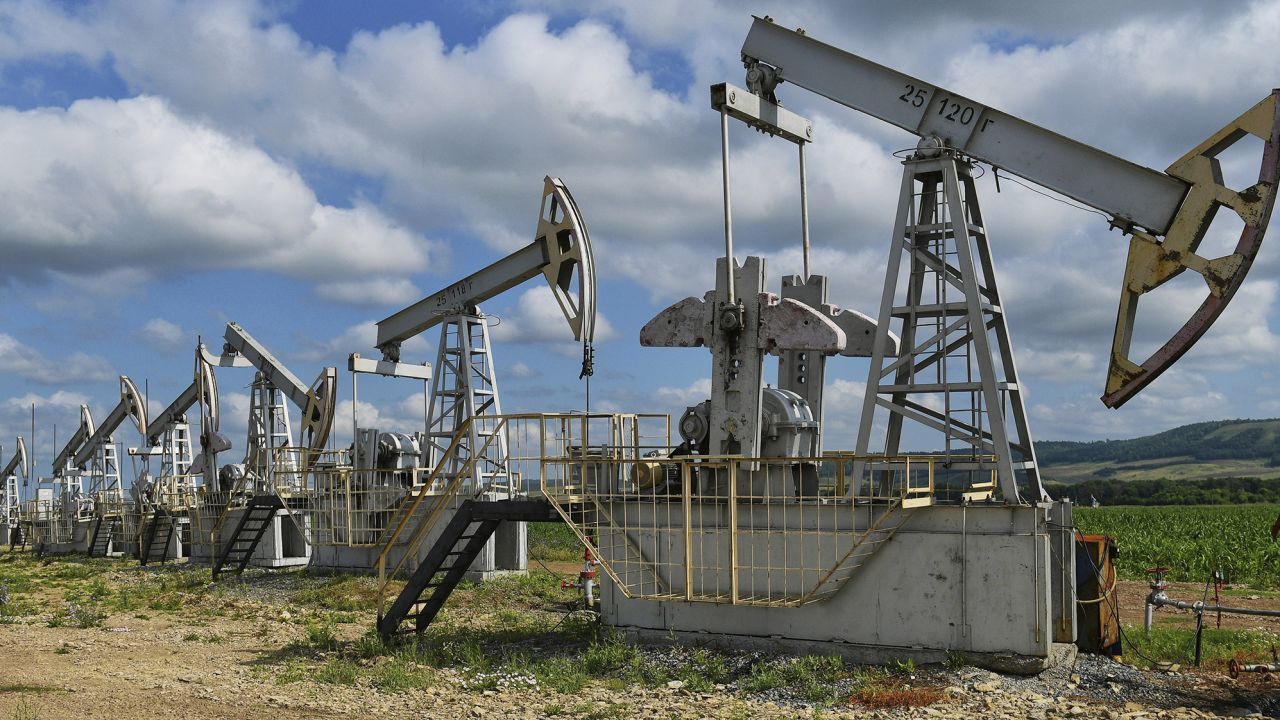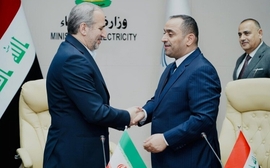On Wednesday, Russia imposed a ban on the sale of oil to states and entities that support the price cap recently imposed on Russian oil by the European Union and the G7 nations.
The move followed a decree signed by Russian President Vladimir Putin in late December that bans Russian crude oil and oil products supply to nations that abide by the price cap. With the exception of situations that require special permission from the president, the ban will be in effect for five months.
Putin’s decree also prohibits purchasing raw materials from Russia not directly, but through intermediary countries or even their chain.
The customs authority must receive monthly reports from exporting companies on contracts and prices that have been concluded as well as information on monitoring the non-use of the price cap by the final buyer. The transportation of energy resources will be halted if the customs authorities detect that the price cap is being used.
Russia has stated that it will seek for new customers outside those who adhere to the price cap.
The price cap for Russian sea-borne oil of $60 per barrel came into force in early December in a bid to both deprive Moscow of a major revenue stream and curb surging global energy prices. Under the deal, EU and G7 countries will ban banks from financing the purchase and sale of Russian oil, insurance companies from insuring shipments, and ports from unloading oil transported by tankers if it is traded at a higher price than that fixed by the European Union.
The European Union's price cap was sharply criticized by Russia. Moscow has repeatedly warned that it will not supply oil to countries supporting a price cap on Russian oil.
Energy-rich Russia has been bombarded with western sanctions over what Moscow calls a “special military operation” in Ukraine. Sanctions have been driving Russia’s crude oil trade into the shadows, with many oil importers avoiding dealing with the country’s energy companies.
Despite the western drastic measures to wind down imports of Russian oil, the world's second-largest oil exporter that holds 80 billion barrels of proven oil reserves, or 4.8 percent of the world’s total oil reserves, still has plenty of buyers.
Since Russia's invasion of Ukraine began on February 24, European countries have been focusing on how to reduce their reliance on Russian oil and gas. European leaders have focused on limiting imports from Russia and switching to wind and solar power. Comprising 27 countries with a total population of 447 million people, the European Union is considered one of the largest and most prolific markets for energy exporters, given its lack of domestic resources.







 Iran's senior military leaders described the drone and missile attack on Israel on April 14 night as “successful".
Iran's senior military leaders described the drone and missile attack on Israel on April 14 night as “successful".
 The Islamic holy month of fasting, Ramadan comes to an end this week with the celebration of a joyous festival called Eid (meaning “festival” in Ar...
The Islamic holy month of fasting, Ramadan comes to an end this week with the celebration of a joyous festival called Eid (meaning “festival” in Ar...
 Iran's President Ebrahim Raisi extended condolences to the Chairman of the Political Bureau of the Palestinian Hamas group, Ismail Haniyeh, followi...
Iran's President Ebrahim Raisi extended condolences to the Chairman of the Political Bureau of the Palestinian Hamas group, Ismail Haniyeh, followi...



